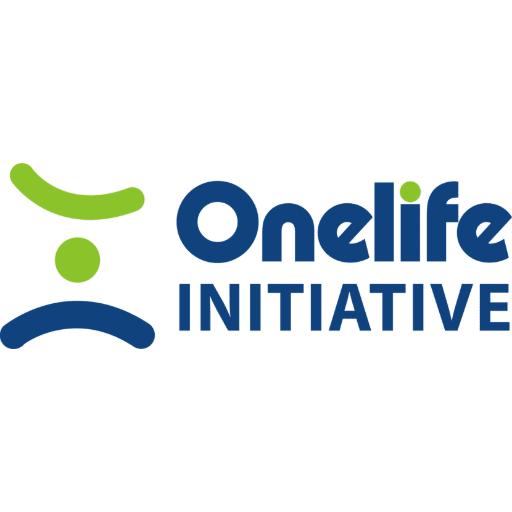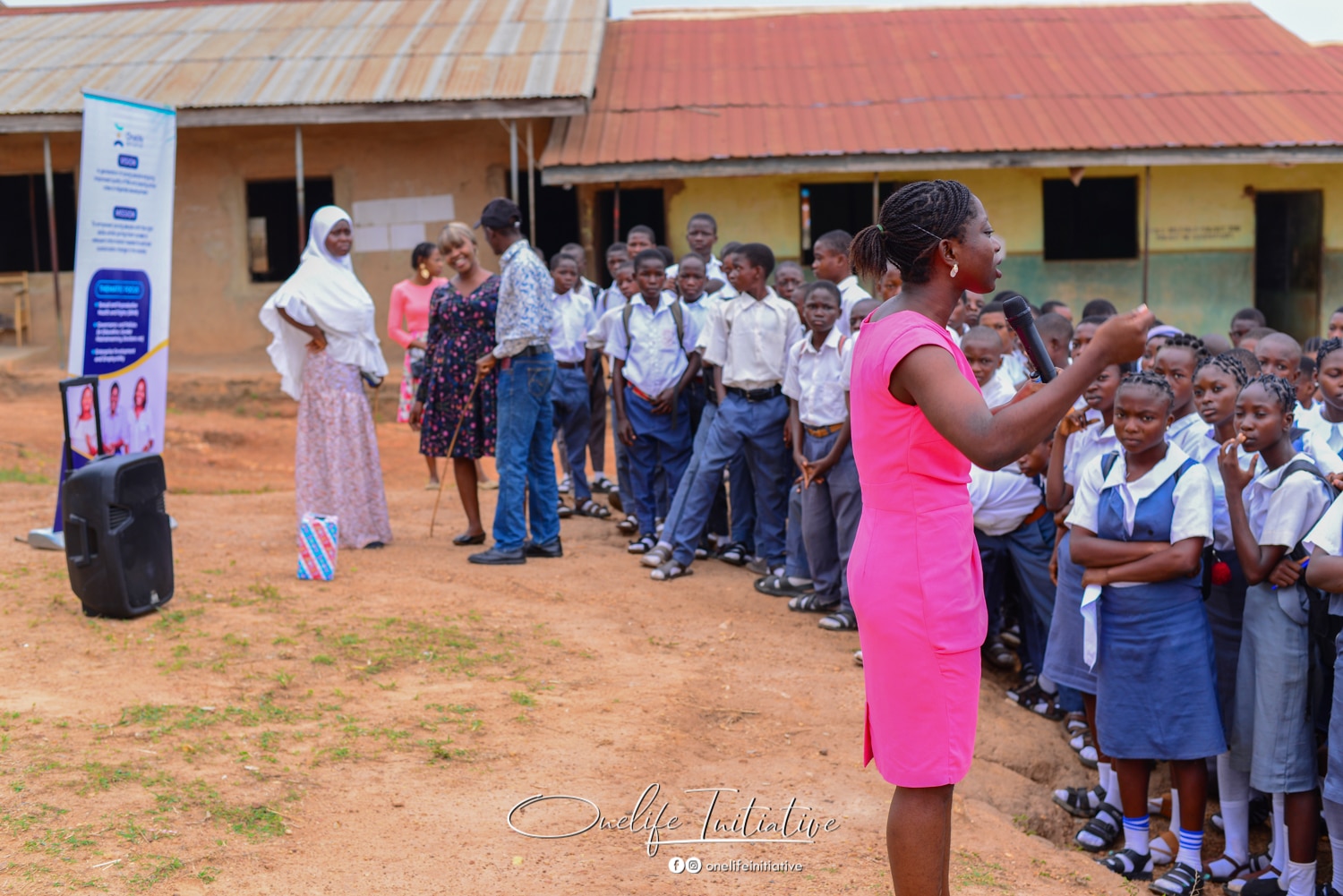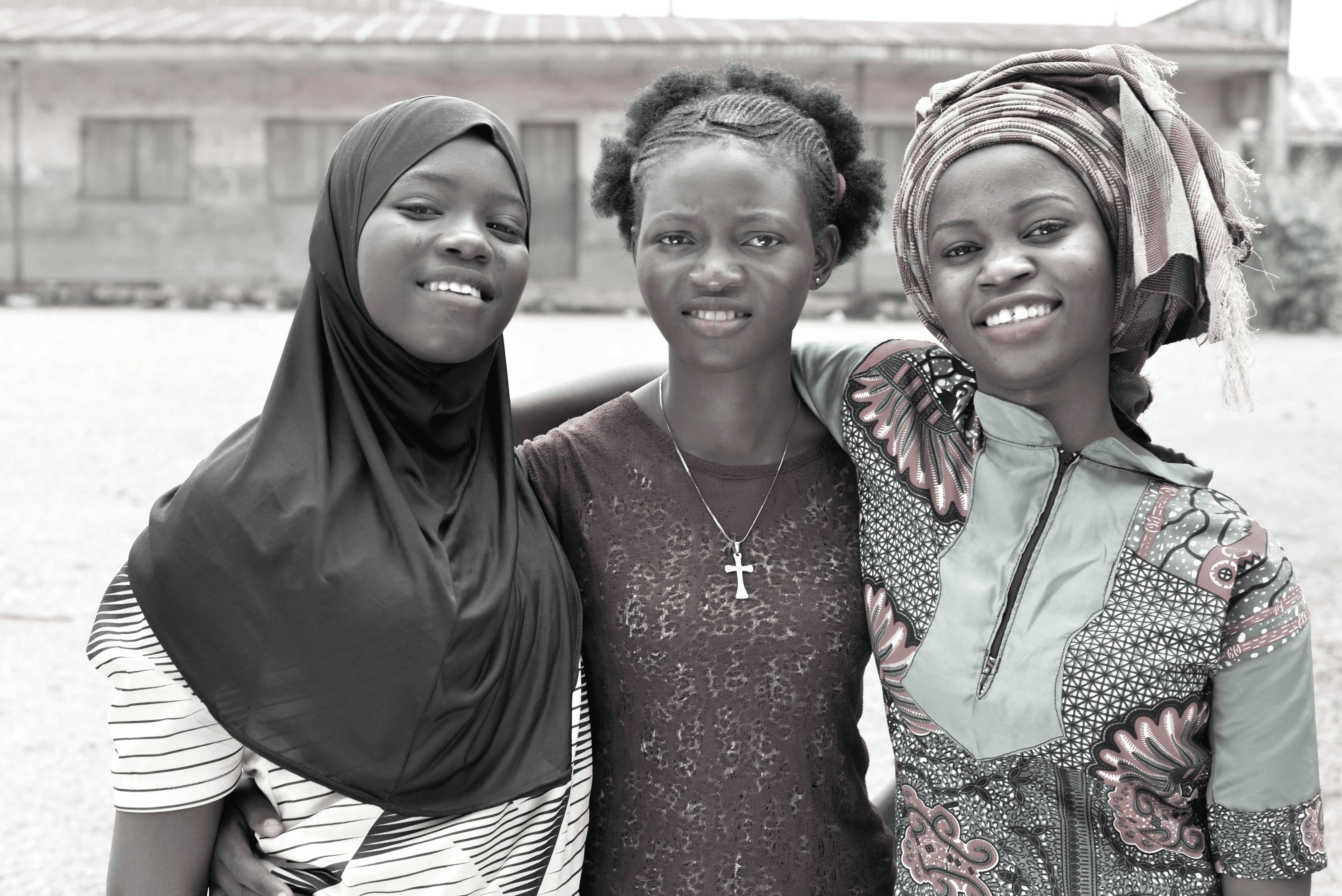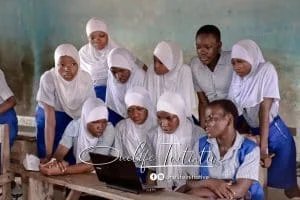Menstrual Hygiene Day 2024: Building a Period-Positive World
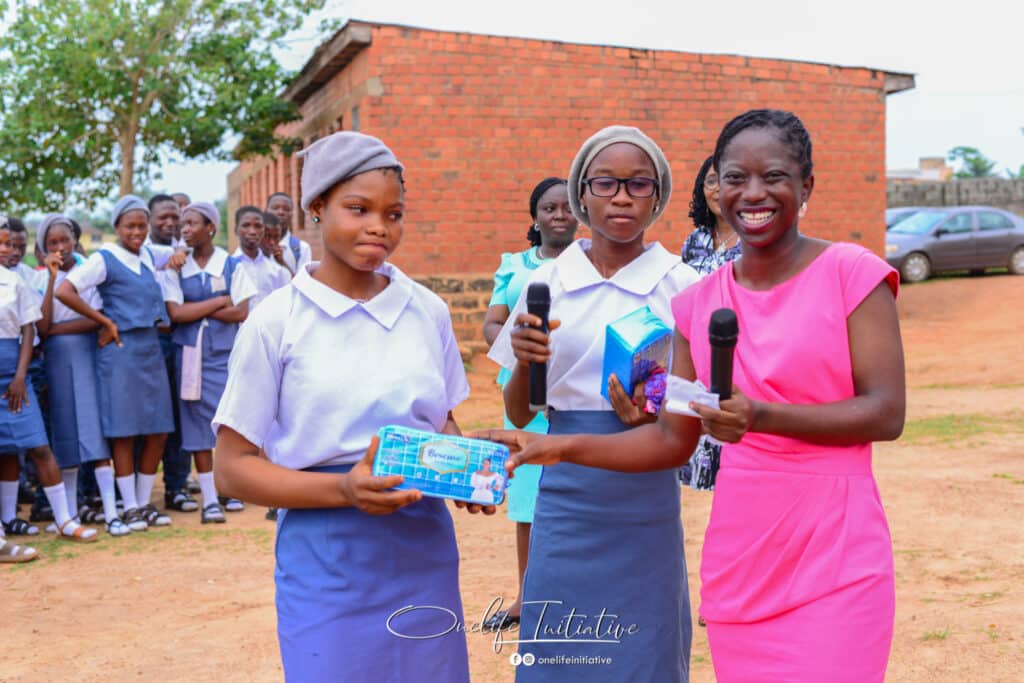
It is another year to talk about and sensitise ourselves on all things period. World Menstrual Hygiene day comes every year on the 28th of May, it’s a day dedicated to spreading the word about menstrual health and teaching young girls and women how important and empowering it is to not compromise on our menstrual health. This year’s celebration is themed: Together in a Period Friendly World, focusing on creating a world where every woman is proud and confident to menstruate.
We all know how it goes, once a month (sometimes twice), we get our monthly ‘’visitor’, and with it comes the pain and sometimes irritation and uncomfortable feelings, This is something we have come to terms with, but do we really know why? Well, let’s get a bit technical about what actually happens. Once a month the body discards the build up of lining of the uterus, menstrual blood and tissues flow from this uterus and goes through a small cervix out of the vagina. It’s just how the body functions and it’s a part of us, not something we need to dread.
Sensitisation at St. Michael’s
Onelife nitiative’s trip to St. Michael’s African Church Grammar School was quite engaging. We got to speak to the students about what happens to the body when menstruating. Gladly, the girls had an idea of why they had to menstruate and how it happens, though sadly, they didn’t know much about tracking their cycles. Most were of the opinion that it was random, like a thief in the night and this most times resulted in getting stained in public spaces making them embarrassed
We taught them what a cycle was; that it wasn’t just about knowing how long they menstruated or on what date, they learnt to count from the day they started till the next time they saw it, taking into account the number of days between each cycle and calculating successive ones that way. They were excited and ready to learn, taking turns in calculating on the calendar, some boys even took a go at it. Yes you read right, they also should know about just how the female body works, who knows, they could also help spread the word.
Learning the right ways of knowing how to take care of their menstrual health was also a strong point for us since we wanted them to avoid smelling unpleasant (as one of the boys describes it) and even more, so they can avoid unnecessary health challenges. Taking regular baths can not only be calming but also life saving, germs cause odor and can also cause other health issues like urinary or reproductive health infections.
Changing our pads or any menstrual product of your choosing regularly should never be compromised. We know the prices of these products are on the high these days, but cutting costs on menstrual products could lead to spending more on medical bills. Washing of hands also before and after changing a pad is important to remember. Some girls brought up the issues of dealing with cramps, we had to educate them on the things they would need to do when they have cramps: taking pain relief, drinking warm water and staying away from sweet things could also help avoid cramps.
Menstruation, depending on the culture has always had several Taboos and myths surrounding it, in Nigeria today, there are still some myths that go around: One very common one is the fear of their blood being used for rituals and otherworldly reasons, this caused a lot of women to take up the habit of flushing their pads down the toilets, leading to clogged toilets. As much as we need to be careful of how and where we dispose of our pads, flushing our pads just leads to clogged toilets and expenses on plumbing. A nylon and used paper will do the job better, wrap the used pad in the paper and put in a nylon to dispose of in a dustbin.
Some believe that having sex during menstruation will help ease cramps. Well that’s not entirely true, while having sex endorphins and oxytocin are released, these are what help ease cramps and you can get it by exercising, socialising, meditating, talking and even giving hugs to people.
Another one is that of friends having the same flow. As much as it is possible, being friends does not automatically mean your cycles will begin to sync. Cycles are affected by our eating, stress patterns, way of life and environment. Using a friend’s cycle to track yours is a big gamble, one you should not take. Understand your cycle for yourself to avoid embarrassing situations.
Cooking, cleaning, going out and relating to friends can all be done on days that we menstruate, let’s not confine ourselves to the house or let people discriminate just because of your flow. Menstruation is a natural and sacred part of your life and it should be treated with care, indiscrimination and respect.
Our Support is Needed
We cannot deny the rise of period poverty in Nigeria, the prices of menstrual products keep on rising, and it gets harder and harder for people to get access to these products, forcing them to compromise on the quality or importance of using menstrual products. We all, as a nation, need to push for the removal of the tax on these products, making them cheap and accessible to every woman that needs them. TWe should also advocate for schools and parents to teach more on Menstrual health and hygiene both for the females and males. The more they know, the fewer cases we have of embarrassment and unpleasant jokes, they will learn to respect and encourage girls to be confident in their own skin.
The sensitisation doesn’t stop there, menstrual health and hygiene should be a constant priority for everyone, everyday, let us prioritise it as a basic human right and fundamental aspect of social justice, by shattering the stigma and breaking the silence on menstruation. We can create a world where everyone can menstruate with safety, confidence and dignity together. Continuing to educate, and support them in this journey towards a more compassionate and inclusive world.
